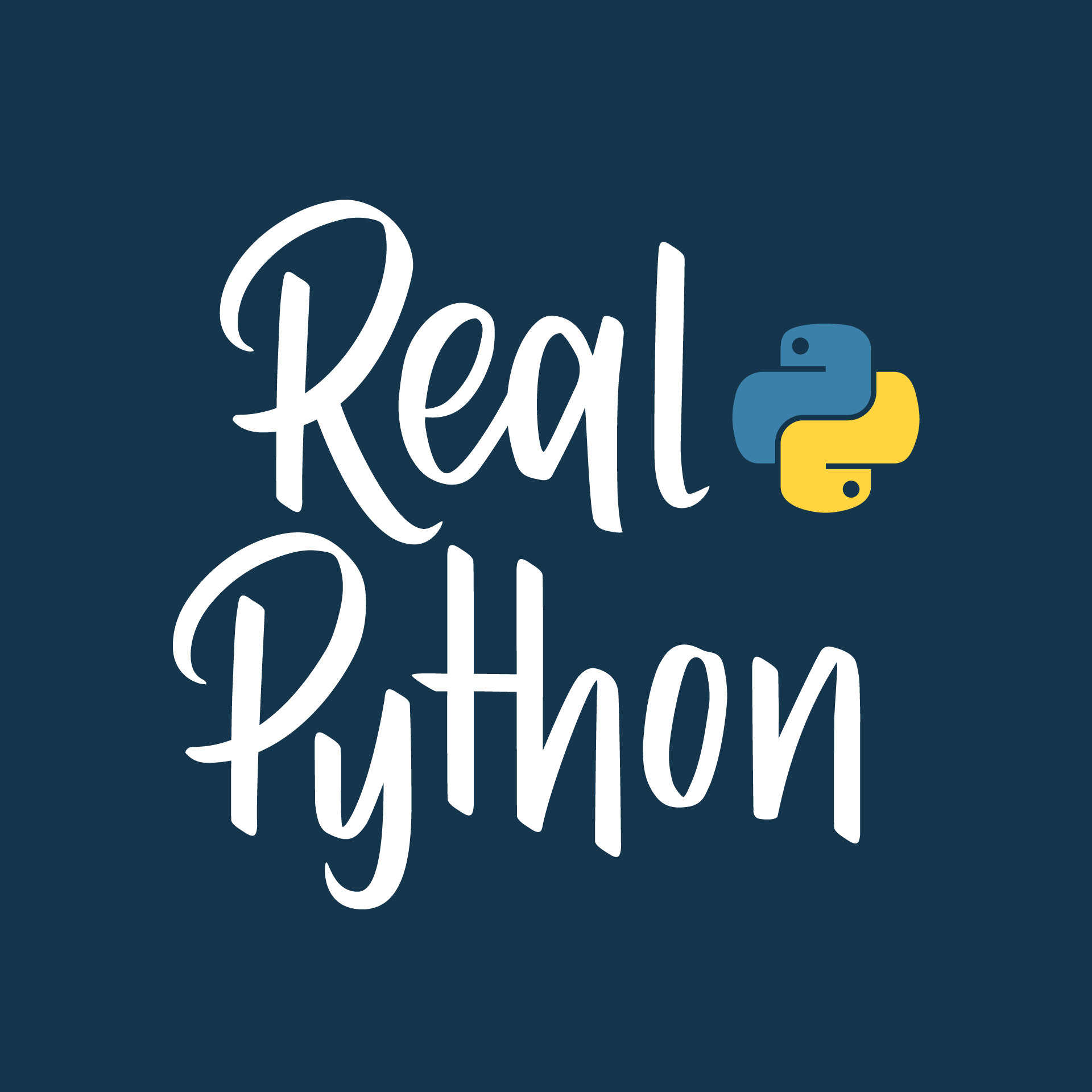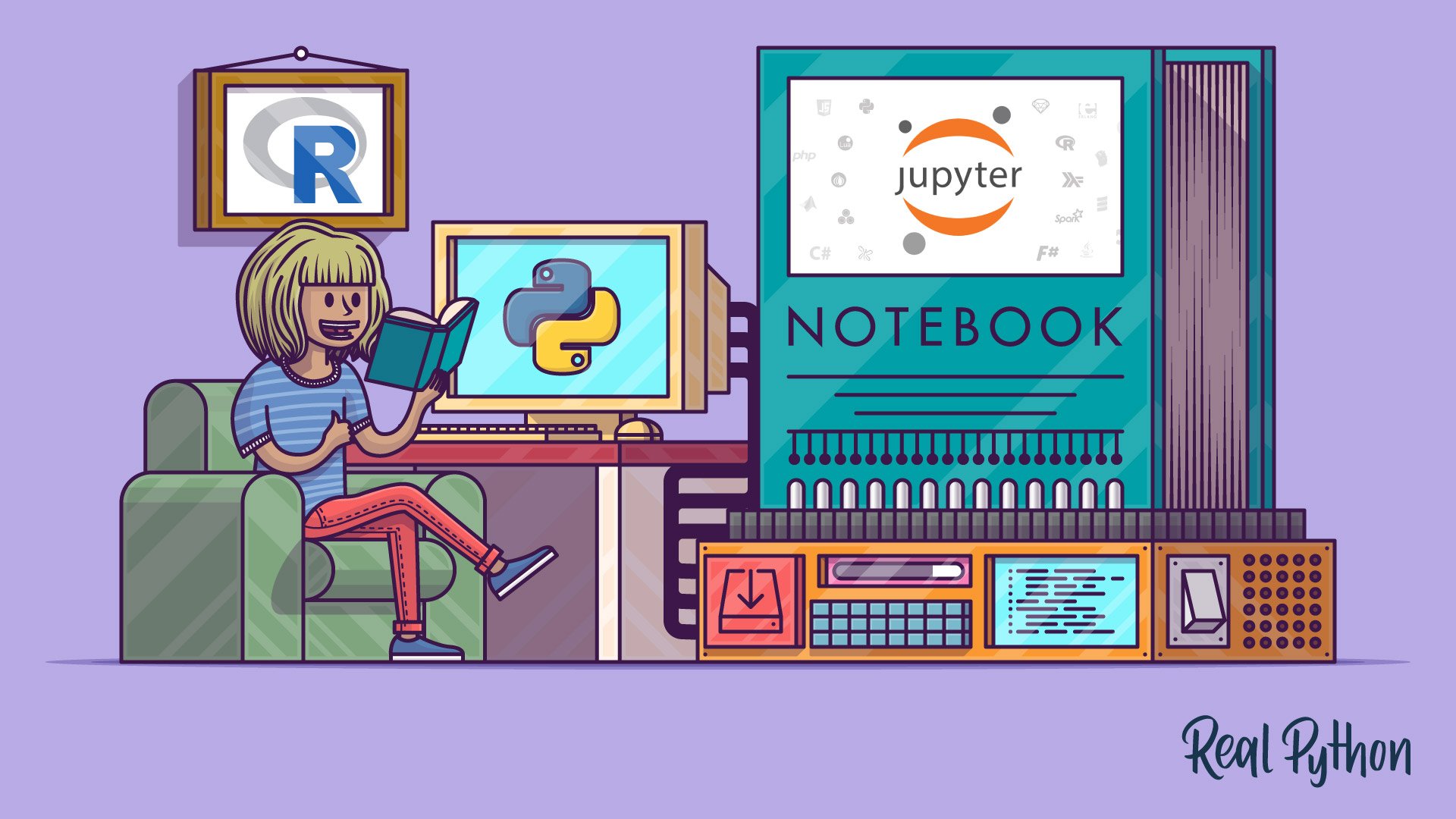
Episode 8: Docker + Python for Data Science and Machine Learning
The Real Python Podcast
Docker is a common tool for Python developers creating and deploying applications, but what do you need to know if you want to use Docker for data science and machine learning? What are the best practices if you want to start using containers for your scientific projects? This week we have Tania Allard on the show. She is a Sr. Developer Advocate at Microsoft focusing on Machine Learning, scientific computing, research and open source.
Tania has created a talk for the PyCon US 2020 which is now online. The talk is titled “Docker and Python: Making them Play Nicely and Securely for Data Science and ML.” Her talk draws on her expertise in the improvement of processes, reproducibility and transparency in research and data science. We discuss a variety of tools for making your containers more secure and results reproducible.
Tania is passionate about mentoring, open-source, and its community. She is an organizer for Mentored Sprints for Diverse Beginners, and she talks about the upcoming online sprints for PyCon US 2020. We also discuss her plans to start a podcast.
Topics:
- 00:00:00 – Introduction
- 00:01:43 – Microsoft Senior Developer Advocate Role
- 00:04:07 – PyCon 2020 Talk - Docker and Python: making them play nicely
- 00:05:34 – What is Docker?
- 00:10:08 – Reproducibility of project results
- 00:12:03 – What are the challenges of using Docker for machine learning?
- 00:15:06 – Getting started suggestions
- 00:16:26 – What metadata should be included?
- 00:17:48 – Creating images through stages
- 00:21:16 – What about your data?
- 00:22:40 – Kubernetes: Orchestrating containers
- 00:24:37 – Continuing stages into testing
- 00:25:37 – What are tools for testing security?
- 00:27:07 – Challenges in using containers for ML
- 00:28:52 – What types of databases?
- 00:29:39 – Are you doing initial research on a local machine?
- 00:30:59 – An example of a recent ML project
- 00:32:16 – Papermill: parameterizing and executing notebooks
- 00:33:16 – NLP: Natural Language Processing
- 00:33:58 – Kaggle: Help us better understand COVID-19
- 00:34:42 – What are other best practices for data intensive projects?
- 00:39:13 – Resources to get started in machine learning?
- 00:40:30 – Mentored Sprints for Diverse Beginners
- 00:45:34 – Tania’s upcoming podcast
- 00:48:38 – A visiting fellow at the Alan Turing Institute
- 00:49:08 – Weight lifting
- 00:50:16 – Craft beer
- 00:52:09 – What is something you thought you knew in Python but were wrong about?
- 00:53:50 – What are excited about in the world of Python?
- 00:54:42 – Thank you and Goodbye
Show links:
- Tania Allard: Personal site
- Docker and Python: making them play nicely and securely for Data Science and ML - Tania Allard
- Slides for Docker and Python Talk
- Docker
- XKCD: Python Superfund Site
- Best practices for writing Dockerfiles
- Run Python Versions in Docker: How to Try the Latest Python Release
- Kubernetes: Production-Grade Container Orchestration
- Snyk: Securing open source and containers
- papermill: A tool for parameterizing and executing Jupyter Notebooks
- Natural Language Processing: Wikipedia article
- Natural Language Processing With spaCy in Python: Real Python article
- Kaggle: Help us better understand COVID-19
- datree.io: Scale Engineering organization
- repo2docker: Build, Run, and Push Docker Images from Source Code Repositories
- Jupyter Docker Stacks: A set of ready-to-run Docker images
- binder: Turn a Git Repo into a Collection of Interactive Notebooks
- Hands-On Machine Learning with Scikit-Learn and TensorFlow: O’Reilly
- Data Science from Scratch: O’Reilly
- Python for Data Analysis: Wes McKinney - Creator of Pandas
- Mentored Sprints for Diverse Beginners
- The Alan Turing Institute
- Easy Data Processing With Azure Fun - Tania Allard - PyCon 2020
- PEP 581 – Using GitHub Issues for CPython
- Python’s migration to GitHub - Request for Project Manager Resumes





